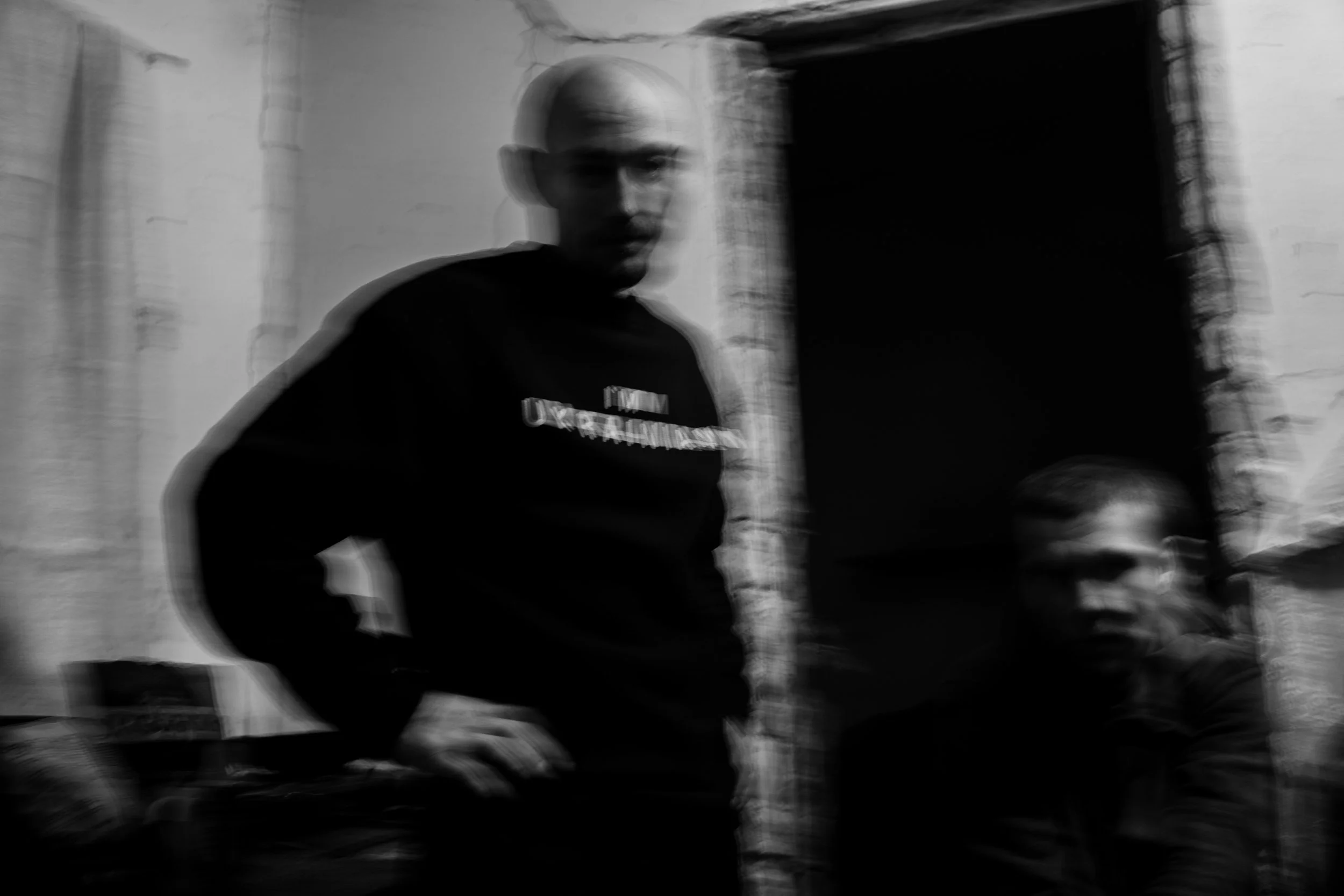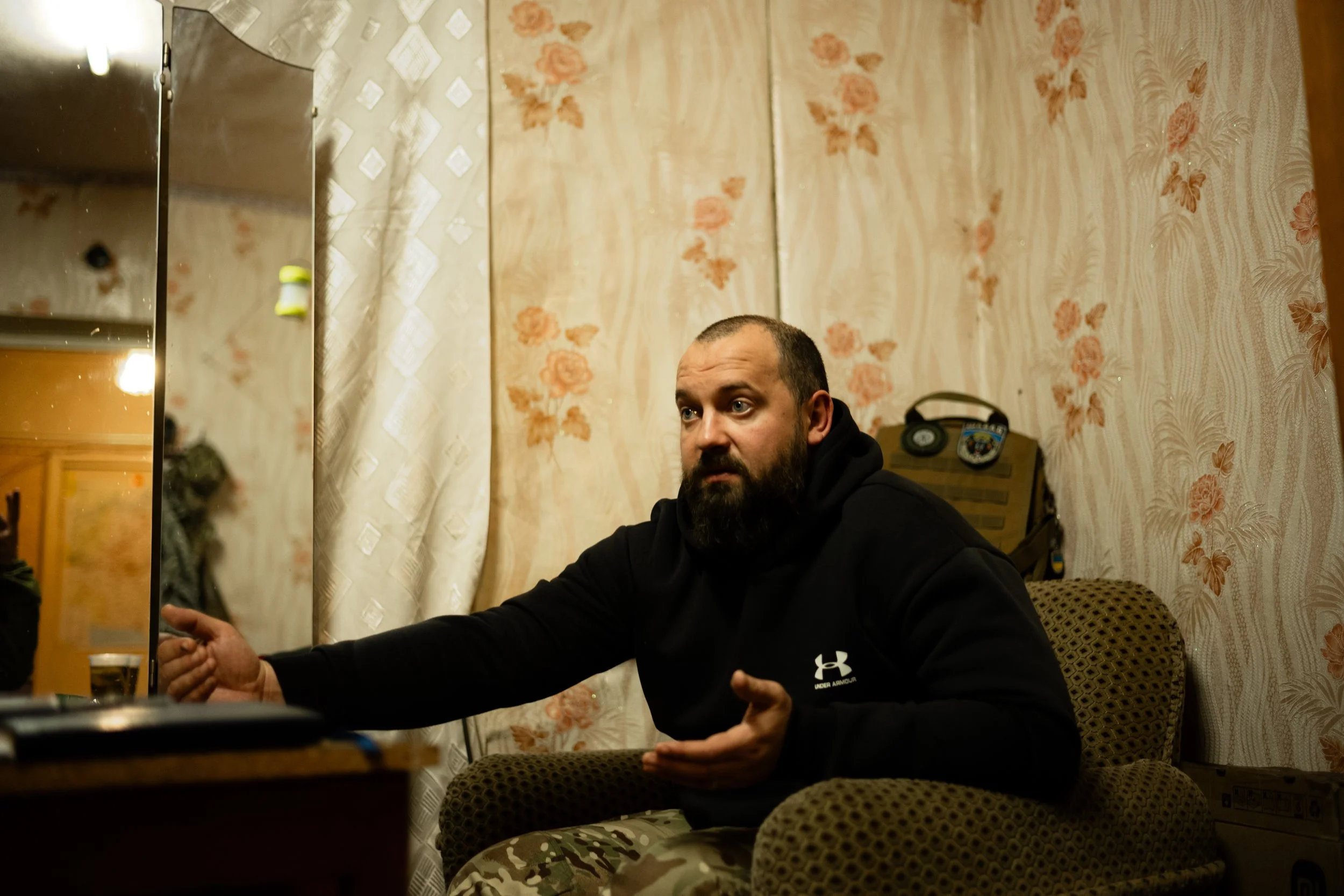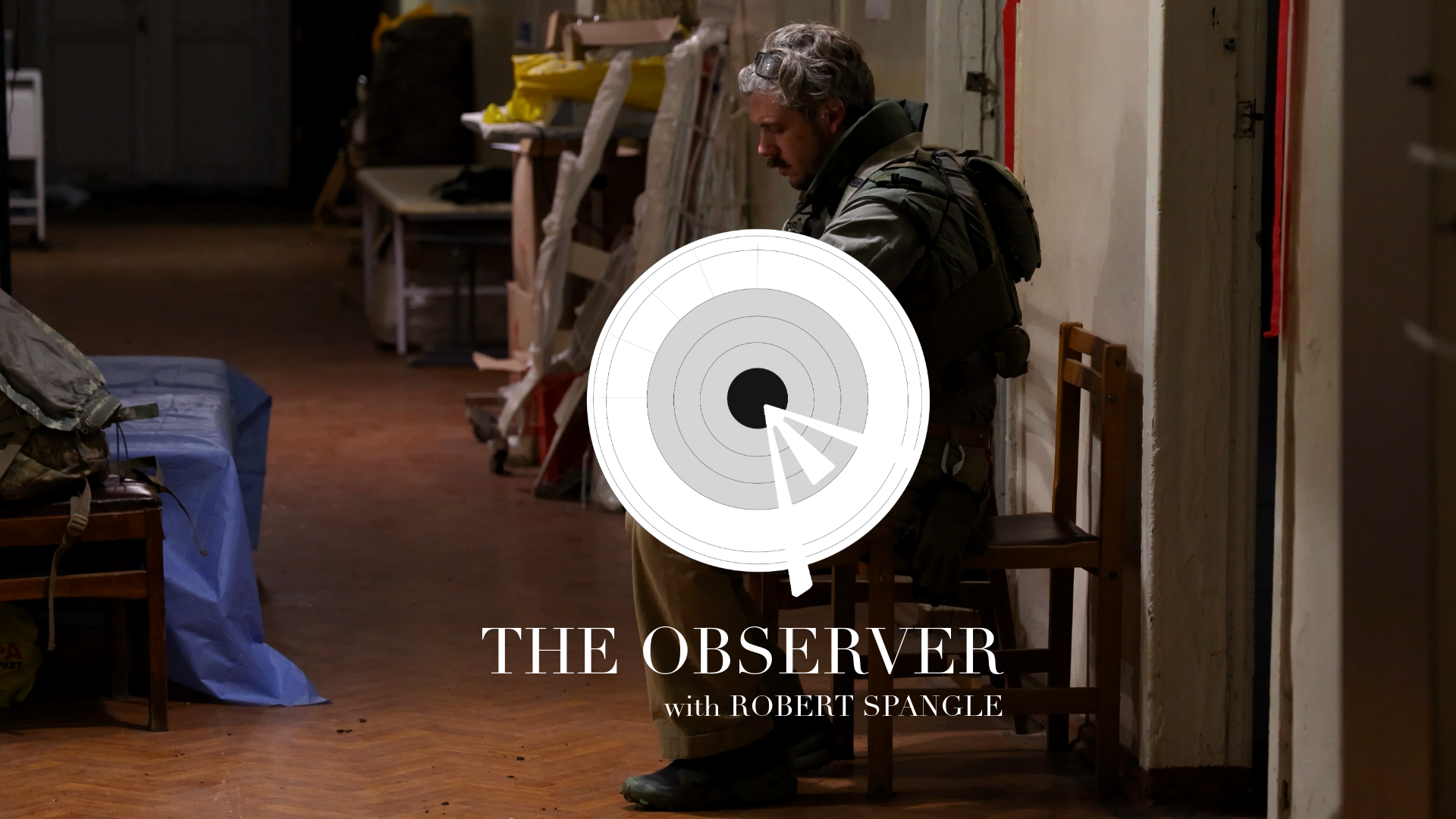Squall Unit: Prison Soldiers Fighting for Ukraine
Listen to this story on Apple Podcast or Spotify
Robert Spangle
Squall Company, 59th Regiment
10/11/24
The Russian Invasion of Ukraine has brought about century-defining changes in warfare, simultaneously, ancient strategies are being reborn out of necessity.
“Enfant Perdu” (literally lost children) were soldiers of Napoleonic Europe who were condemned to the position of maximal danger in battle. They were the first to breach a castle wall, or the last to hold a desperate bridge. Their ranks were made up of prisoners, officers seeking redemption ( The German’s called them “Forlorn Hope”), or common soldiers seeking commission and double pay ( these were called “Double Wagers”).
Today in Ukraine freed prisoners fight for their home, and often for redemption. One such penal company fighting in Ukraine's ravaged East is “Squall”. Like the “Enfant Perdu” they fight at the position of maximal danger: Assaulting Russian trenches, repairing them quickly, and holding on until the main Ukrainian line can relieve them.
Russia has used prisoners in it’s military since 2023, recruiting as many as 60,0000 into its Wagner mercenary group and an estimated 140,000 into it’s regular army. Though Ukraine has both a smaller population, standing army, and prisoner population (roughly 30,000) the Ukrainian government has been reluctant to widen conscription, and prisoners have only been allowed to volunteer since 2024. Balloo, Squall’s Commander, bellows that for the 300 prisoners that volunteered, only 30 were permitted to join after review by lawyers, psychologists and the military barred the rest. He followed with “Give me all of them! Murderers, I don’t care!”
The Soldiers of Squall returned from the front a few days ago, just a few months before that they were in prison, for crimes ranging from theft to assault. A soldier with a limping gait opens the door for us, another with a frozen arm mans the radio. Their camp has a spartan orderliness to it: part cell block, part barracks. The other soldiers have a few common features: eyes fixed distant, hands that fidget anytime they are not occupied in the continuous act of smoking.
When asked about clearing trenches one soldier remarks “It’s clearing literally… we hit them with 20, sometimes 50 drones, then we throw the bodies out. Sometimes there are survivors that surrender, sometimes they will fight”
All the men here volunteered to fight, Balloo points out, none are prisoners anymore. They traded prison sentences for a term of service that can only end in death, severe disability or the war's end. Of those interviewed all faced sentences of a few months and up to two years, roughly what experts forecast the duration of the Russian Invasion could be.
Many Squall soldiers lost family members during the invasion. Some speak of finding god in the trenches, but all of them speak of returning home redeemed.
Since Squall’s first mission they have made 17 assaults, and have never failed to take, or hold their objective. In the process, nearly half of the men have been injured. Speaking to “Balloo” again I ask him his impression of the Russians they have faced “It’s never good to under-estimate your enemy” of his unit's reputation he says: “When they know the Squall is coming, they are afraid”
You can read more about Squall in our next Ukraine story where we crossed paths with them on the Eastern front.






